
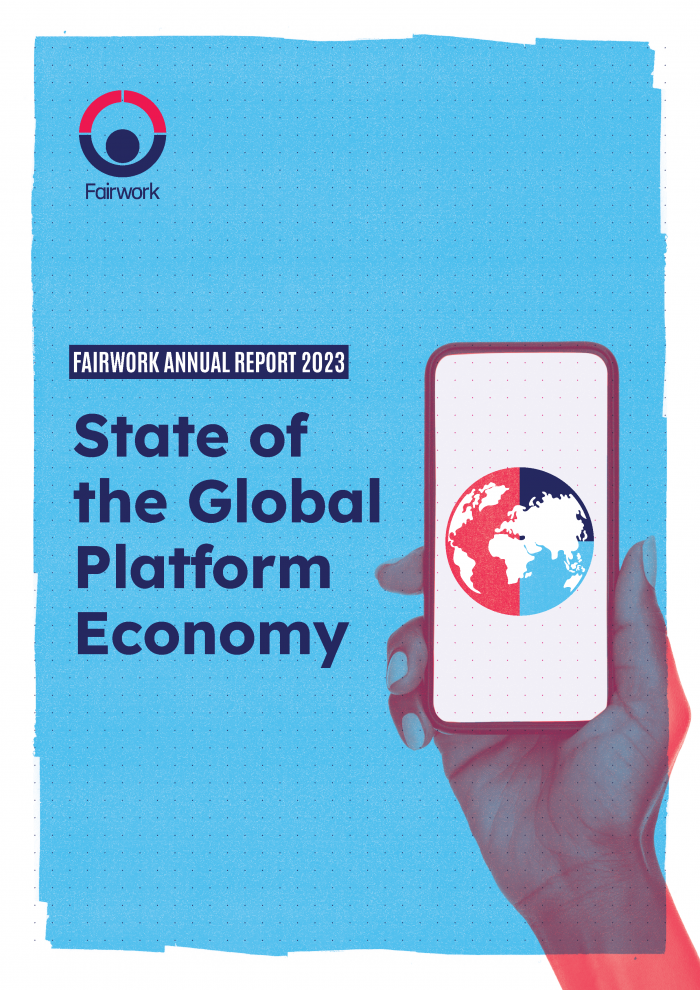
In consultation with the Fairwork team, the following platforms agreed to implement changes to their policies or practices:
AseoYa has introduced an addendum changing the notice period for changes made to the contract from 10 to 30 days.
Hogarú is developing a pilot programme to assess the financial sustainability of permanent contracts for its workers.
In Colombia, the platform economy encompasses a wide variety of businesses, platforms, and ventures: from delivery platforms such as Rappi, through transport platforms (Uber, Didi, Cabify, Indrive), to domestic work (Hogarú, Aux, AseoYa). According to a study by the Center of Economic and Social Research, Fedesarrollo, there are approximately 200,000 people working in food delivery and ride-hailing platforms.
The second Fairwork Colombia report presents a comprehensive analysis of working conditions in digital labour platforms in a changing political and economic context. The report assesses 11 platforms in three sectors: domestic, ride-hailing and delivery services.
The Fairwork Colombia team has analysed the key points of the Labor Reform proposed by the Ministry of Labor regarding work on digital labour platforms.

rest of world, 30 January 2024
Delivery drivers in Colombia question the new mediator's impartiality, integrity, and efficacy at defending their labor rights.

Bloomberg Línea, 06 February 2022
Así lo indica un informe de Universidad del Rosario y Fairwork Colombia, el cual revela que solo una plataforma proporciona seguridad social, entre otras ventajas

Semana, 06 February 2022
Un estudio de la Universidad de Rosario y Fairwork Colombia reveló las condiciones de trabajo de plataformas de transporte y domicilios.

International Consortium of Investigative Journalists, 06 July 2022
When the ride-hailing giant called, powerful politicians answered, leaked text messages and emails reveal.
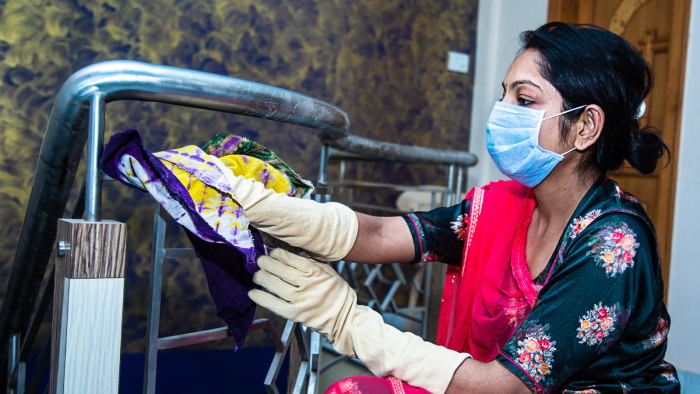
28 June 2023
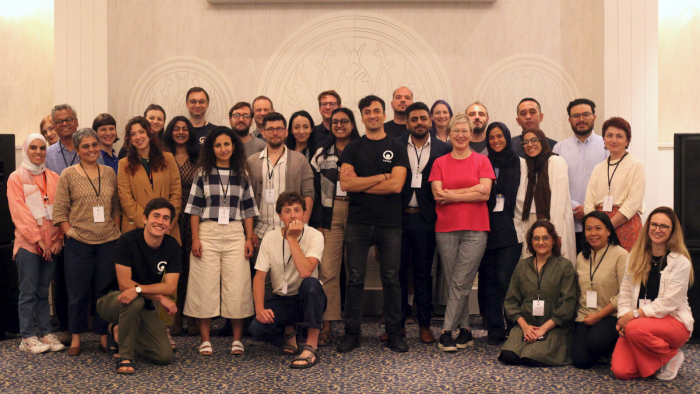
7 June 2023
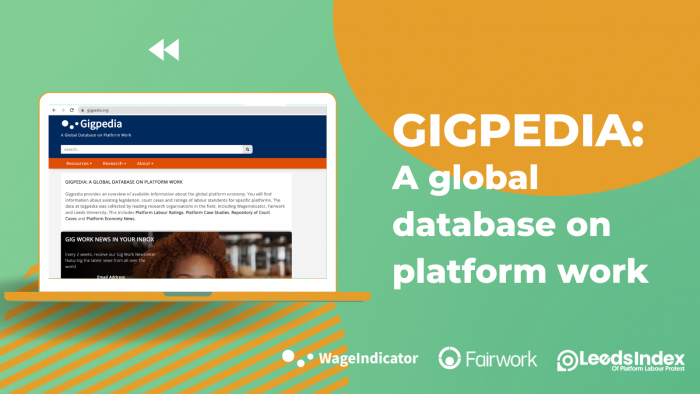
1 March 2023
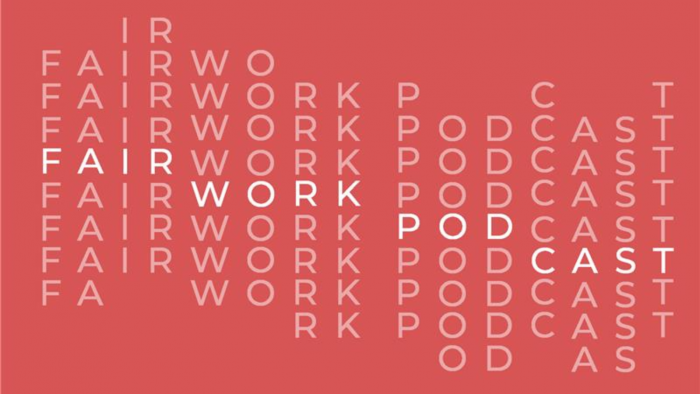
1 December 2022